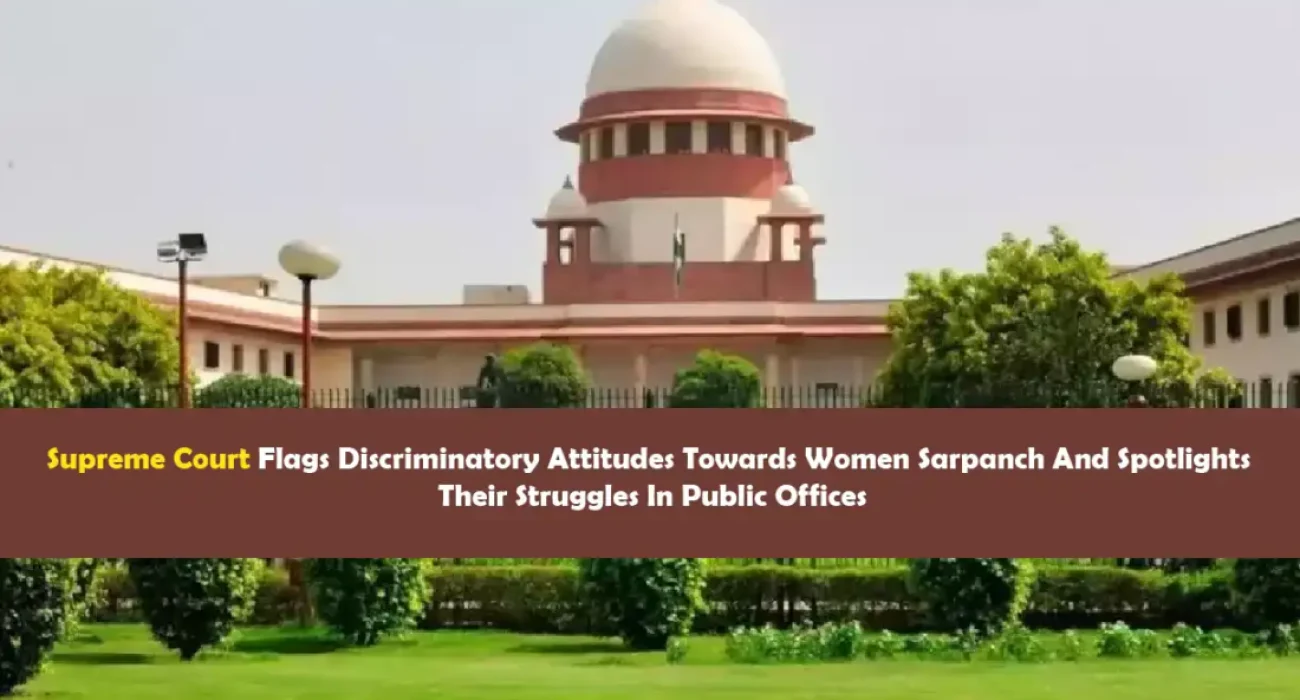

Table of Contents
ToggleThe appellant, an elected Sarpanch of Gram Panchayat, Vichkheda in Jalgaon District, Maharashtra, won the panchayat elections in February 2021. A dispute arose between her and the private respondents who sought her disqualification on the grounds that she allegedly resided with her mother-in-law in a house built on government land. The appellant vehemently denied this, stating she lived with her husband and children in rented accommodation. Furthermore, she argued that the alleged dwelling was in such poor condition that it could not be inhabited.
Appellant contented that she does not live in the house built on government land, as alleged. She resides separately in rented accommodation with her family. The dwelling in question is uninhabitable due to its dilapidated state. The allegations were baseless and intended to remove her from office.
Respondent argued that the appellant resided in a house on government land with her mother-in-law, which was illegal. This violation was enough to disqualify her from the position of Sarpanch.
The Collector disqualified the appellant based on the allegations without verifying the facts adequately. The Divisional Commissioner confirmed the Collector’s order, and the High Court dismissed the appellant’s writ petition on technical grounds, affirming her removal from office.
The Court observed that the actions against the appellant seemed to stem from the village’s inability to accept a woman as their Sarpanch.
The respondents’ efforts to disqualify her appeared to be motivated by their inability to reconcile with the reality of a woman making decisions on their behalf.
The Court noted that the authorities, including the Collector and the Divisional Commissioner, passed their orders mechanically without properly investigating the allegations. There was no evidence that the issue of encroachment was raised when she filed her nomination papers.
The Apex Court highlighted a pattern of prejudicial treatment, especially towards women elected under reservation quotas, which reflected a broader issue of discrimination. The case exemplified the challenges women in public office, especially in rural areas, face in India.
The Court found no convincing material to substantiate the respondents’ claims of encroachment on government land.
Therefore, it pointed out that cases like this undermine the country’s goal of achieving gender parity and empowering women in public offices.
The Supreme Court allowed the appeal. The High Court’s order dated 03.08.2023 was set aside. The appellant was allowed to continue as Sarpanch and perform her duties until the completion of her tenure.
The Court emphasized the need for authorities to adopt a more sensitive approach when dealing with cases of removal of elected women representatives, especially those from rural areas, and condemned the disproportionate punishment of disqualification based on unverified allegations.
IAW resources
Browse our help directory